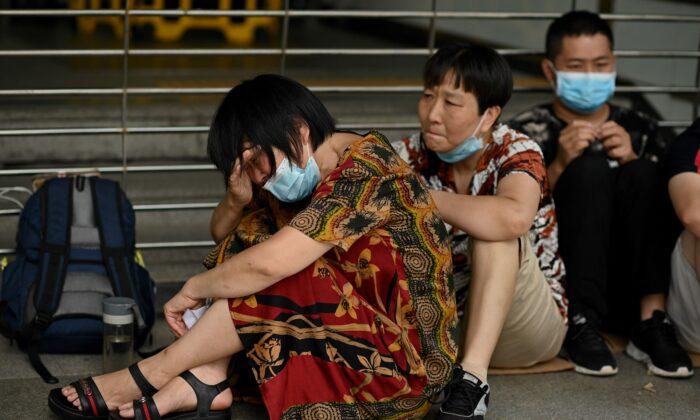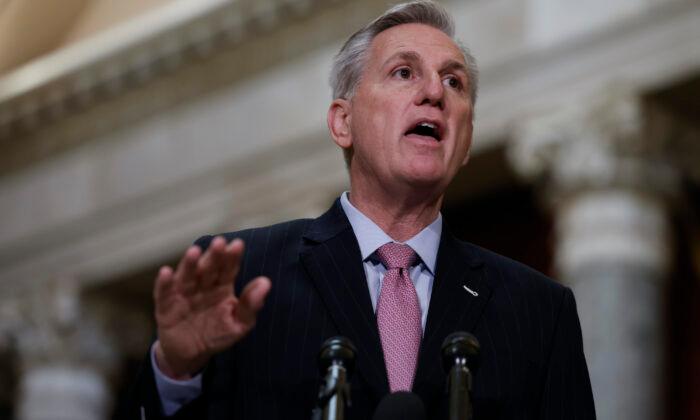Troubled China Evergrande issued a small portion of repayment of wealth management product (WMP) to investors, the developer announced on Sept. 30.
The notice, posted on its website, said the wealth management unit has paid a first installment of 10 percent toward its wealth management products (WMPs) that are due by the end of September.
It came after a missed payment sparked nationwide protests earlier this month, as panicked home buyers and employees gathered outside its headquarters in China.
Wealth management products are uninsured securities and investments sold by banks and other financial institutions in China
Currently, an estimated $6 billion in Evergrande wealth management products payments are outstanding, while the overall liabilities are as high as $305 billion.
The company offered three options on Sept. 13 to repay retail investors in the WMPs, including cash installments, discounted property, or offset investors’ payables remaining on residential units they have purchased.
China Evergrande, in common with other heavily indebted conglomerates, issued high-interest WMPs to investors—a popular way of borrowing that sidesteps government lending restrictions.




